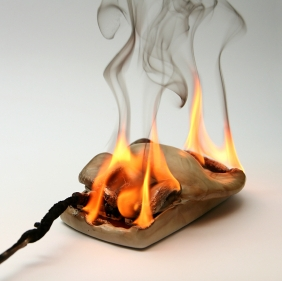This seems somewhat important. Things, even major institutions in the internet, can be very generational. Never thought about that in terms of Wikipedia before.
I’m OK with the older tech nerds holding the reigns for awhile when we have the reality of tiktok zoomer broccoli heads everywhere living the social media based life of hollow clout-chasing and such. We need the nerds who know how shit works keeping the shit working in other words.
I think this happens to all professions.
I edited articles as a teenager in the early 00s when most people still used brittanica and Encarta. The quality was probably really bad, but the articles didn’t yet exist or only had a stump.
But the articles now have a much higher quality, with good sources and a very consistent style. If an article doesn’t exist today, it was purposefully removed because it did not meet the criteria to have a wiki page.
Obviously, such a thing becomes more of a dedicated hobby and not something a few amateurs do on a whim.
Similar things happened to YouTube videos, or historically, to things like singing, story telling, quilting, etc.
As something becomes more popular, the pool of participants grows and the selection becomes more difficult.
If I understand this correctly, Wikipedia might be in trouble once the old guard retires because new ones aren’t coming?
That’s one take away. An alternative I’ve seen is that it’s much harder to become an admin. The alternative makes sense to me, but definitely still be an issue since most people only have so much free work they’re willing to put in.
13 years isn’t much
deleted by creator
I don’t put much value on the content on Wikipedia anyway. Most of it is written by only a tiny percentage of accounts, that have so many contributions that they may well be state/corporate actors. It has come up time and again that glowies of all colors edit Wiki pages.




